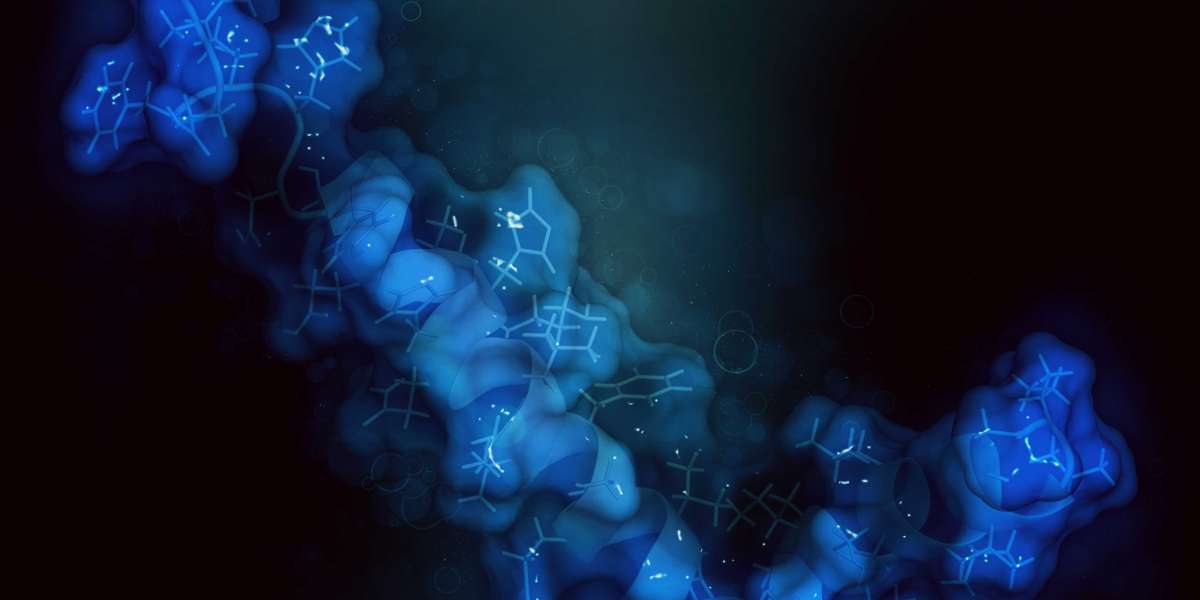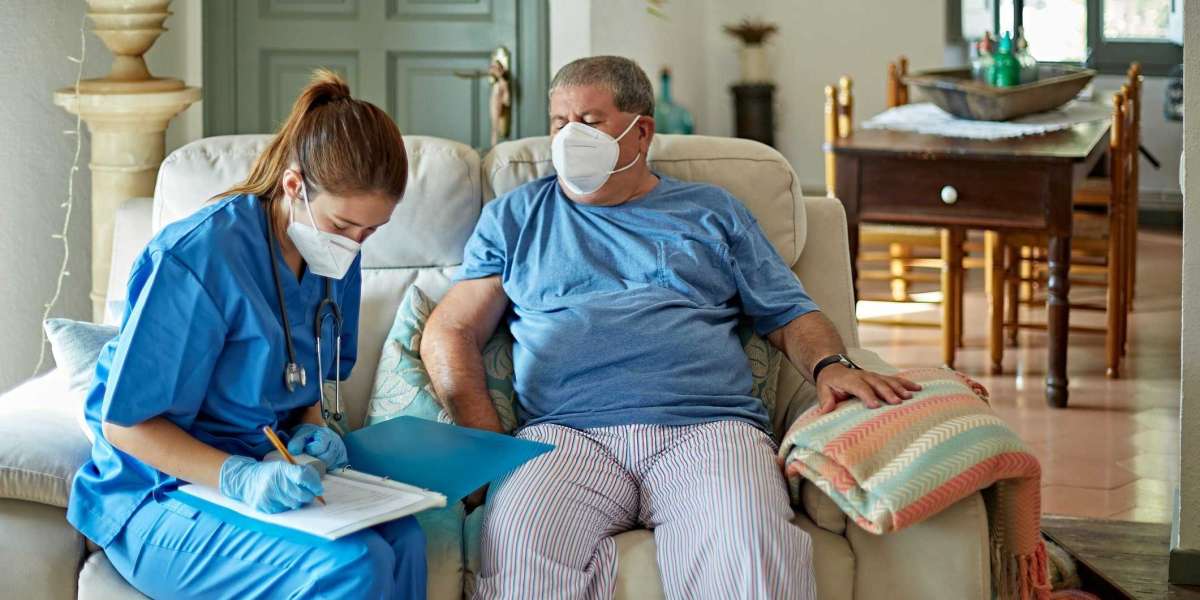In recent years, the landscape of gene therapy has evolved significantly, with adenoviral vectors emerging as a powerful tool in therapeutic applications. The production of these vectors under Good Manufacturing Practice (GMP) conditions is critical, ensuring that they meet stringent quality standards necessary for clinical use.
Understanding Adenoviral Vectors
Adenoviral vectors are derived from adenoviruses, which are non-enveloped, double-stranded DNA viruses. These vectors can efficiently deliver genetic material into host cells, making them suitable for various applications, including cancer therapy, vaccine development, and the treatment of genetic disorders. Their ability to transduce both dividing and non-dividing cells enhances their therapeutic potential.
The Importance of GMP Compliance
GMP refers to the regulations and guidelines set forth to ensure that products are consistently produced and controlled according to quality standards. In the context of adenoviral vector production, GMP compliance is essential for several reasons:
Patient Safety: Ensuring that adenoviral vectors are free from contaminants and produced under controlled conditions directly impacts patient safety during clinical trials and eventual therapeutic use.
Consistency and Efficacy: GMP practices aim to reduce variability in production processes, which is crucial for ensuring that every batch of adenoviral vectors offers the same quality and efficacy.
Regulatory Approval: Regulatory bodies, such as the FDA and EMA, require adherence to GMP guidelines for the approval of gene therapies. Compliance is often a prerequisite for initiating clinical trials.
Key Steps in GMP Adenoviral Vector Production
Producing adenoviral vectors under GMP conditions involves a series of meticulously controlled steps:
Cell Line Development: The choice of the right cell line is crucial, as it must support high yield and quality of adenoviral vector production. Commonly used cell lines include HEK293 and PER.C6, which are engineered for optimal performance.
Viral Amplification: This phase involves the infection of the cell line with the necessary adenoviral vectors. Precise control of infection parameters, such as multiplicity of infection (MOI), is essential to maximize yield while minimizing cytopathic effects.
Purification: Following amplification, the vectors must be purified to remove cellular debris and any impurities. Techniques such as ultrafiltration, chromatography, and density gradient centrifugation are commonly used.
Characterization and Testing: To ensure compliance with GMP standards, a range of tests is conducted, including assessments of viral titer, purity, and replication-competent adenovirus (RCA) presence. These tests are fundamental to ensuring that the vectors are safe for therapeutic use.
Storage and Distribution: Proper storage conditions must be maintained to preserve the integrity and viability of adenoviral vectors. This often involves cryopreservation and adherence to cold chain logistics during distribution.
Challenges in GMP Production
Despite the advancements in adenoviral vector production, several challenges persist. The complexity of the production process requires specialized facilities and equipment, which can be a significant barrier for some organizations. Additionally, the scalability of GMP manufacturing to meet demand for clinical trials and commercial applications is an ongoing concern.
Future Directions
The field of GMP adenoviral vector production is poised for growth, driven by innovations in biomanufacturing technologies and an increasing understanding of gene therapy efficiencies. As the demand for personalized medicine grows, the need for reliable production methods will become even more critical. Advances in techniques such as synthetic biology and automated production processes may pave the way for more efficient and cost-effective GMP production of adenoviral vectors.
Conclusion
GMP adenoviral vector production is a vital component of the gene therapy landscape, providing the foundation for innovative treatments that hold the promise of transformative health benefits. By adhering to stringent quality control measures and continuously addressing the challenges in the production process, the field can ensure the successful development and delivery of safe and effective gene therapies to patients in need.








